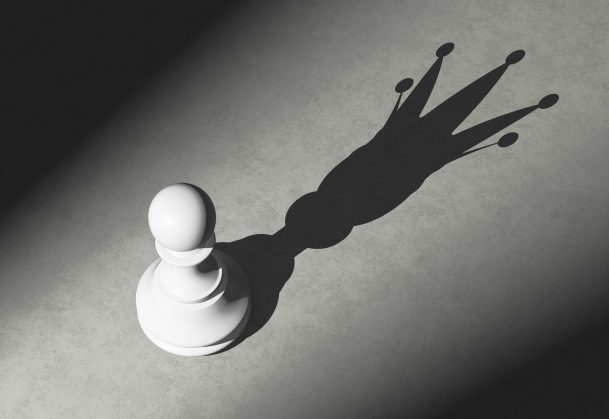Travel changes you in multiple ways: from how you interact with others to the way you think and make decisions. Travel might even make you healthier or more successful in business. Let’s examine the evidence… A 2013 research study compared the personalities of college students who studied abroad for at least one semester with those…









